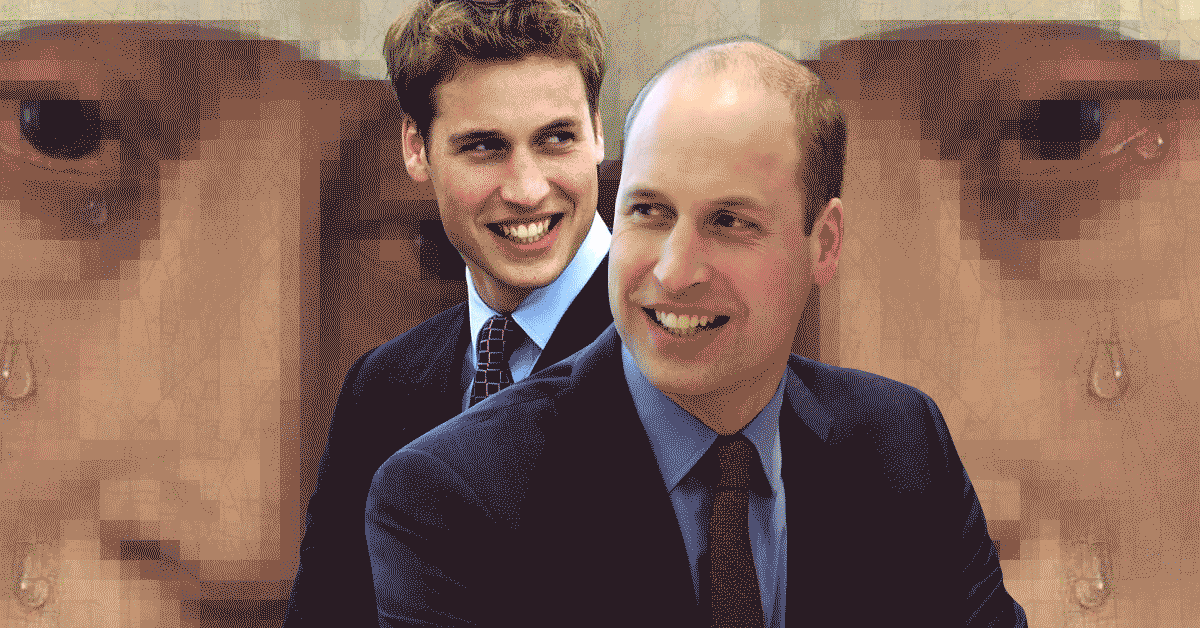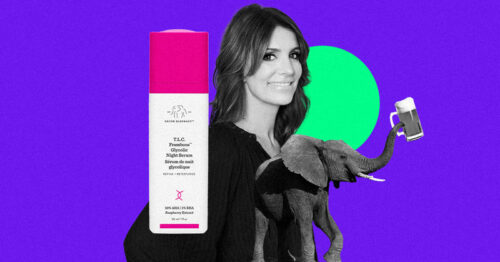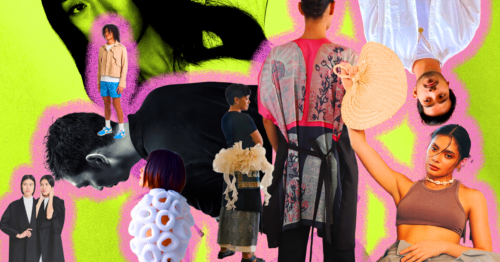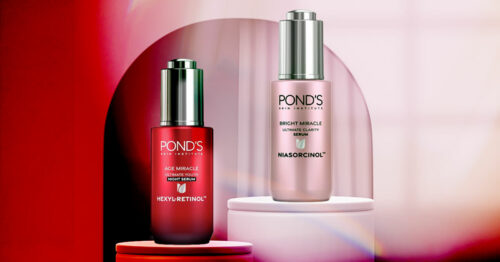checks shower drain, gets shocked
My hair has been cut, styled, colored, treated as far back as my pre-teens. I’ve gone from side-swept bangs to wispy and fringed, full color to (tacky) streaks and highlights, short to really long and 80s curls to pin-straight hair. But up until pregnancy, in which my hair was at its thickest, healthiest and likely the happiest, I’ve never had hair fall woes. I was told postpartum, my hair would naturally fall out and it did. But those sparse strands of fallen hair eventually lessened. It was in my late 20s when I started to notice my hair shed A LOT while shampooing, brushing or just running my fingers through it. Ironically, trips to the salon have been cut down in half.
What happened? Is it age? Stress? Diet? Or an even more serious health condition???
While it’s a known fact that men are more likely to lose hair than women, thinning hair and hair loss are common in us girls, too. The reasons vary, from a simple vitamin deficiency to the more complex conditions, like Trichotillomania.
RELATED: The Hair Bleaching 411 with Fashion Photographer Andrea Beldua
Overstyling Is Bad For Your Hair
And by this we mean using heat-driven tools and products for hair, the overuse of styling clay, wax and gels—you get the picture. Dermatologists and hair experts recommend conditioning after shampooing, letting hair air dry and limiting heat-styling to once a week or only as needed.
Stress Is Real
Stress, physical or emotional, contributes to hair thinning. Hair has a programmed lifecycle: growth phase, rest phase and shedding phase. Experts say that when the body experiences physical stress, it can shock the hair cycle pushing it to shed more. The good thing is that when your body recovers or when you learn to handle stress better, your hair will start growing back.
The Pregnancy Effect
Earlier I said me getting pregnant resulted in thicker, longer, locks that could star in a shampoo commercial. If only women could stay pregnant and keep our hormones at a level that helps us look ten times better. Sadly, once the baby is out of that tummy, the glow fades and hair starts to fall out. It’s because giving birth is traumatic to the body explains doctors. But fear not, hair will grow back—just not the same as before.
Too Much or Too Little Vitamins
Remember: too much vitamin A can cause hair to shed, too little vitamin B begets the same result.
Check Your Diet
Similarly, if you don’t get enough protein in your diet, the body may ration protein by impeding hair growth. So make sure to get enough fish, meat, eggs and similar proteins in your body.
Anemia
The most common type of anemia is caused by iron deficiency and can effect hair loss. If you suspect you’re anemic, do see a doctor to get tested. Experts say that simple iron supplements should be able to correct the problem.
Hypothyroidism
Having an underactive thyroid gland can also contribute to hair loss as this little gland in the neck produces hormones that are critical to metabolism, growth and development. Again, consult a professional and get the proper medication. The sooner the condition is addressed, the sooner your thyroid levels return to normal and so will your hair.
PCOS
Polycystic ovary syndrome is another form of hormonal imbalance, this time in male and female sex hormones. An excess of androgens can spawn a series of side effects including ovarian cysts, changes in menstrual period, infertility and hair thinning. Treating PCOS along with diet and exercise can help reverse such changes.
Alopecia
While other medical conditions cite deficiencies and underactive biological structure, alopecia areata is essentially the result of an overactive immune system. The body sees hair as foreign and thus targets it by mistake. Treatment includes steroid injections.
Trichotillomania
Trichotillomania is an impulse control disorder that causes people to pull their hair out or constantly play with their hair. Thankfully, there’s a way to address the condition through medication or behavioral therapy.
To All The Men Who Suffer From Male Pattern Baldness
Hair receding at the temples? M-shaped hairline? You likely suffer from male pattern baldness caused by a combination of genes and male sex hormones. But thank god for modern science, there are now creams and oral medications to stop hair loss. Surgery or graft hair are also options.
Getting Old
While experts aren’t sure why, unsurprisingly aging, especially as women enter their 50s, is another culprit to hair thinning and hair loss…
While I feel like I may not need to see a doctor, I did make adjustments to fix my hair woes. For one, I only wash my hair every other day and have switched to all-natural as well as paraben- and sulfate-free products. I also cut my hair shorter to keep me from tying my hair whilst wet.
The results are noticeable but not as dazzling as I imagined them to be. There are still a few fallen strands here and there, but not as much compared to when I switched to a new hair routine. I’d likely stick to it but maybe I need a new product or two? I could also just cut it way shorter or shave it all off:
Art Alexandra Lara


















